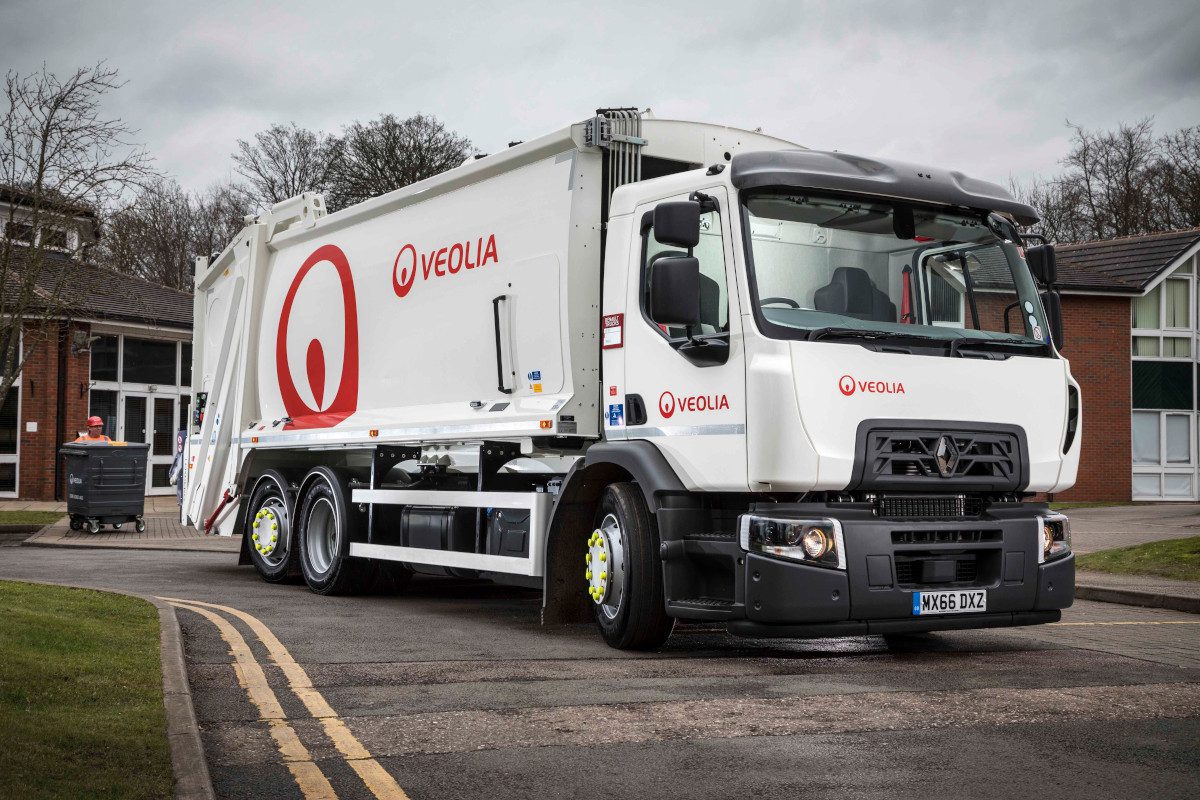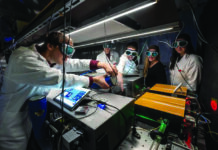
Report by University College London supports the importance of ventilation and cleaning
A new report from UCL, commissioned by resource recovery firm Veolia, presents relevant data and recommended measures to protect vehicle based operatives providing waste collection services during the pandemic. By analysing how airborne particles travel in vehicle compartments, and the role of surface contamination, the report has made an important contribution to enhancing safety and lowering the risk of spreading COVID-19 and similarly transmitted illnesses, says Veolia. The group said the report also provides development guidelines for future sampling, maintenance and vehicle design, and can advance safety both for the waste management sector, and more generally to the transport sector where crewed vehicles are used.
Conducted since August 2020 by the UCL Department of Civil, Environmental and Geomatic Engineering (CEGE) and the Centre for Transport Studies (CTS), the project focused on the risks posed to the drivers and loaders and considered issues of operation of the vehicles, staff bubbles, hygiene practices, challenges of wearing face coverings, and air quality in the vehicles. This was done in partnership with Veolia’s teams and vehicle manufacturers. The first phase of work reviewed COVID-19 measures on the existing vehicle fleet, including recommendations on cleaning practices, ventilation and operational strategies. A second phase of analysis looked at ventilation of the vehicles, microbiological assessment of and long-term measurements of CO2 to assess ventilation.
In the early days of the pandemic it was widely believed that the primary route of infection was through contact with contaminated surfaces, and exposure to larger droplets produced by coughs and sneezes. However, later research and evidence appeared to show that there can be additional transmission through very small aerosols suspended in air, especially in closed indoor environments like vehicle cabs.
Providing as much fresh air as possible and keeping the vehicles well ventilated is believed to be key to improving safety by reducing these aerosols. This has led to modifications in both vehicle systems, and operational settings, to the vehicles interior airflow including keeping cab windows open by at least 10cm during use. These not only help guard against aerosol transmission, but also help crew alertness by keeping CO2 levels lower in the cab. By combining this with other measures, such as employee bubbles, the waste sector can further support key workers to maintain better COVID security.
Commenting on the research Richard Hulland, Chief Risk & Assurance Officer at Veolia said:
“The safety of our teams is at the heart of everything we do, and this report marks a significant step forward in our understanding of this type of virus. We have taken a scientific approach all the way through the pandemic, and can now further enhance the COVID controls already in place and protect our key workers from it. By gaining greater knowledge of the cabin airflow and surface contamination, and implementing vehicle, operational and cleaning regime changes, we have also made an important contribution for the future welfare of our teams”
Lead author Dr Lena Ciric (UCL Civil, Environmental & Geomatic Engineering) said:
“Our work in collaboration with Veolia has really highlighted the holistic approach needed to reduce virus transmission during the pandemic. We looked at cab ventilation efficiency and design, as well as surface contamination and cleaning protocols. These, in combination with the measures Veolia has introduced such as changes to working patterns and creating team bubbles, have an important role to play in lowering the risk of spread of COVID-19.”
Co-author Dr Liora Malki-Epshtein (UCL Civil, Environmental & Geomatic Engineering) said:
“Following many years where energy-saving has dominated the agenda, there has been a slow transition towards designing airtight indoor spaces where ventilation and air conditioning systems are set to recirculate stale air instead of bringing in fresh air, and leakage for outdoors is minimised.
“This seems to be even more true for vehicles, where standards of ventilation do not exist in the industry, and results in energy and emissions savings being made at the expense of fresh air. We now understand this to be poor design that is putting our health at risk from airborne infectious diseases. Environmental sustainability is vitally important for our future, and it needs to be achieved in novel and creative ways, achieving a healthy balance between good air quality indoors and outdoors.”
For more information on Veolia visit www.veolia.co.uk







